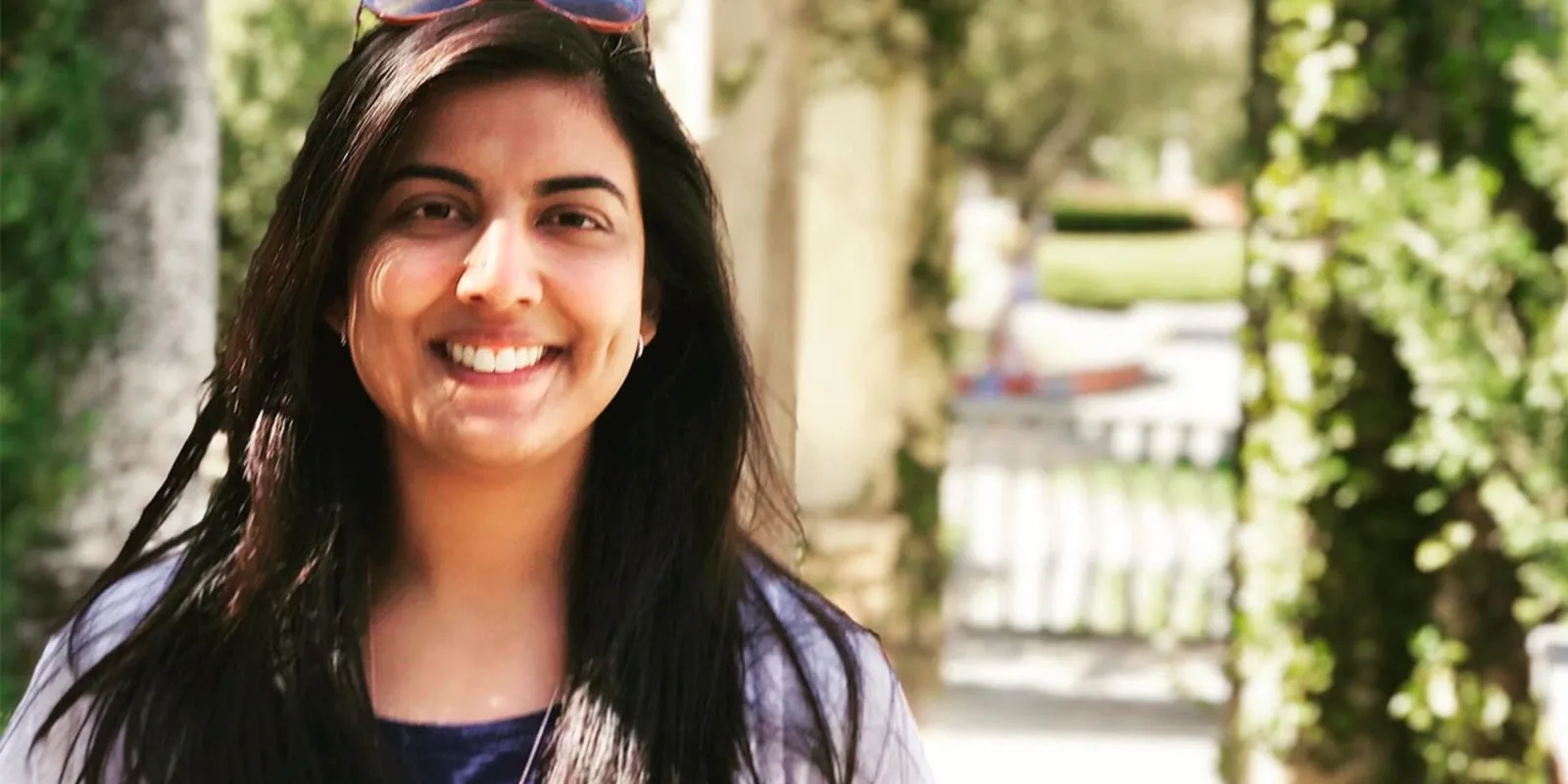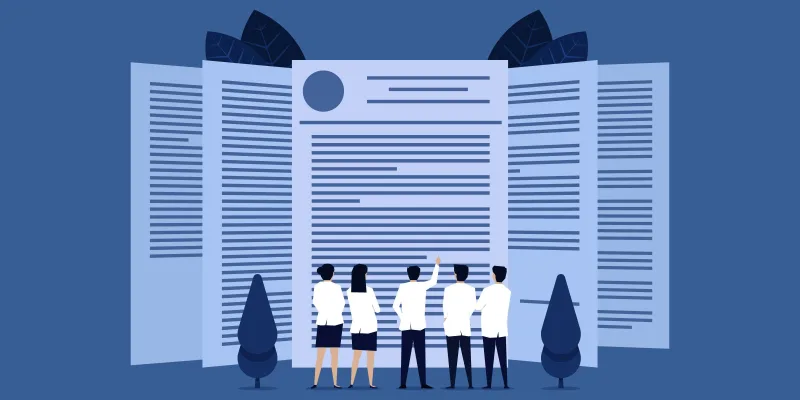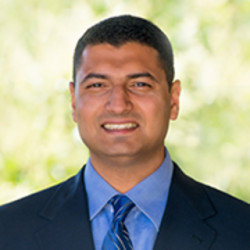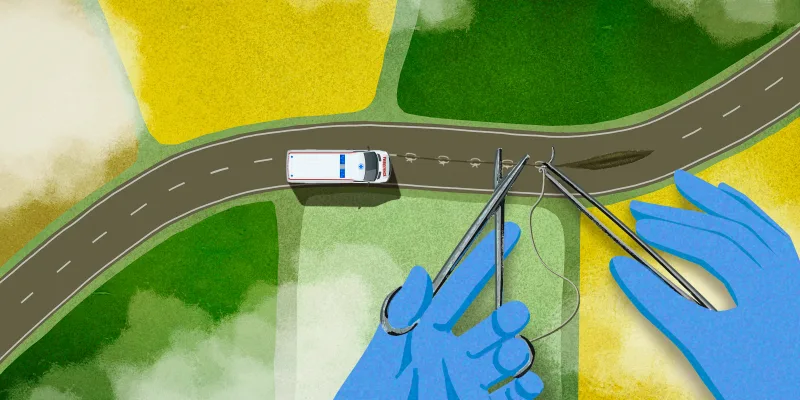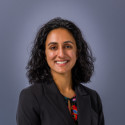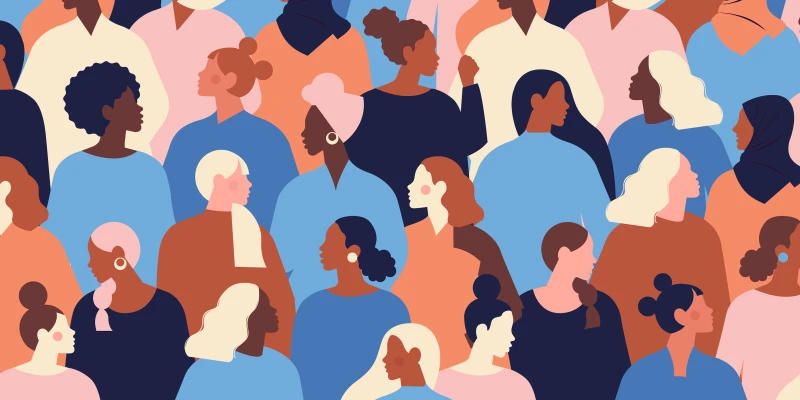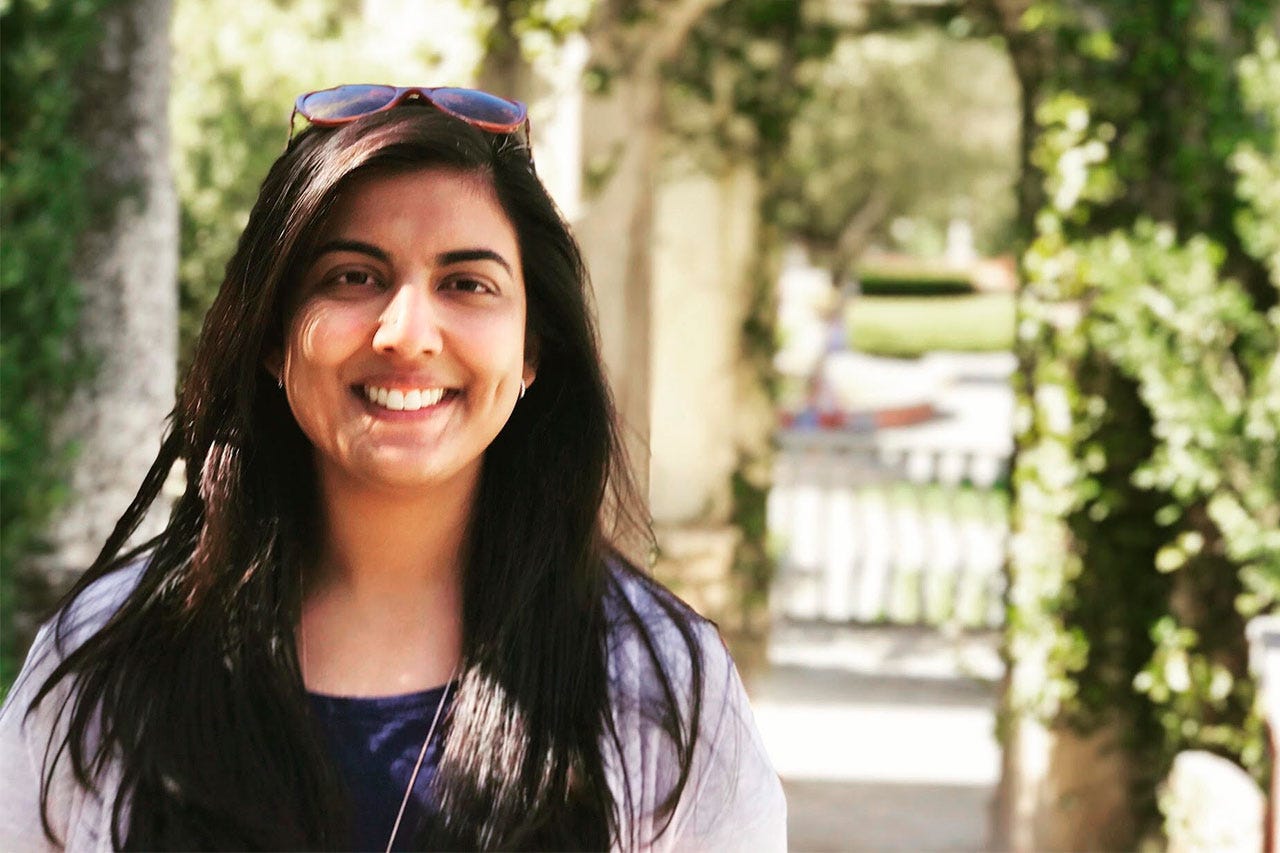
Name: Farah Khan, MD
Specialty: Endocrinology
Education: Emory University, University of Alabama School of Medicine, Massachusetts Institute of Technology
Areas of Expertise: Endocrinology
Current Position: Chief Endocrinology Fellow
1. Why did you choose endocrinology?
The body’s endocrine system is kind of like a well-oiled machine that does all its hard work behind-the-scenes. This intricate system and the balance of our body’s hormones always fascinated me and drew me to endocrinology while I was in medical school. On a personal note, I grew up watching my otherwise healthy, thin, and active father suffer from many of the complications of diabetes, despite all his dedicated efforts to keep the condition and his health under control. Over the course of my medical training, this interest in diabetes and nutrition grew as I witnessed many patients suffer from the complications of poorly controlled diabetes and obesity.
2. What is the last journal article or piece of research that significantly changed how you practice?
The EMPA-REG trial was very compelling in its finding that compared to those who received placebo, type 2 diabetes patients receiving empagliflozin had survival benefits and decreased cardiovascular disease risks. Now with some of my patients with diabetes who have significant cardiovascular risk factors, I often try to maximize their care by adding empagliflozin.
3. What are your research interests?
I am most interested in healthcare disparities, global health, and telehealth research. I think that telehealth is the wave of the future of medicine because of how it can improve patient access to care. And this improved access will likely help us better address healthcare disparities both locally and globally.
4. Outside of your daily practice, do you have any personal or professional projects that you’re passionate about?
My mom thinks I have a few too many personal and professional projects that I am passionate about! But some of the projects I feel most strongly about are global health work and health and science writing. I am still trying to figure out how to solve the booming diabetes epidemic in India, so check back with me in about 20 years. But through my health and science writing I try to bring some clarity to the often muddled and confusing world of healthcare. I have written for a variety of online publications including Scientific American, The Daily Beast, SELF, Vox.com, The Atlantic, and VICE’s Tonic.
5. Who are your mentors?
My mentors are the people in my life who I can count on to guide me towards fulfilling my ambitions while balancing the demands of a hectic career with a busy personal life. My parents have been my original life mentors from day 1 — they have always supported me and provided me with sage wisdom. My husband helps keep me sane on a daily basis, while my older sister and older brother always keep me grounded. Over the course of my fellowship, I’ve been fortunate to have great female role models as mentors, including Dr. Mary Rhee and Dr. Sonya Haw, both of whom have guided me over the years and have encouraged me to pave my own path in endocrinology.
6. What’s the best advice you’ve ever received?
Medical careers require the investment of long years filled with many long days. And through it all, my sister, who has been eight years ahead of me in the medical training game all along, has told me that there is a light at the end of the tunnel. And this nod of encouragement has kept me afloat throughout the years.
7. What has been your most gratifying moment of being a clinician?
During a routine clinic visit, one of my diabetes patients told me about some new onset shortness of breath with exertion, so I referred him for a cardiac stress test. This stress test was concerning for critical cardiovascular disease, which resulted in an immediate left heart catheterization and subsequent hospitalization for coronary artery bypass surgery. Several weeks had passed since that fateful clinic visit when I happened to be the covering fellow who rounded on him on the weekend after his bypass surgery. His eyes welled with tears as he thanked me for saving his life.
8. How do you motivate patients to do what’s best for their health?
Motivating patients is one of the hardest aspects of our jobs, and it is something I work on every day. Every patient is unique and thus every patient’s personal motivation for taking charge of their healthcare is different. So, in order to motivate my patients, I start by asking them what makes them want to improve their health. And, at the risk of sounding too much like Jerry Maguire, in this way, I am asking my patients to help me help them.
9. What is the biggest challenge or obstacle for women in endocrinology?
Subconscious bias is still a big problem for women in all of medicine, and it is not exclusive to endocrinology. This is something that I hope will change over the years so that we can see more women in leadership positions in medicine.
10. Why do you write about health issues in Bollywood?
I wrote about Bollywood’s mishandling of mental health because I was upset by the carelessness with which a particular film handled a conversation about antidepressants. South Asian society across the world struggles with stigma against mental healthcare and mental illness. Yet, instead of using its position as India’s largest film industry to spread appropriate mental health awareness, Bollywood has often simply propagated gross misinformation to millions of impressionable moviegoers. For this reason, I used several specific examples of misrepresentation of mental illness in Bollywood movies to try to raise the very same awareness that the film industry needs to strive for.
12. If you weren’t in this specialty, what specialty would you do? If you weren’t a clinician what would you do?
I briefly considered an allergy/immunology fellowship early in my training, so if I had not done endocrinology, then I might have become an allergist. If I weren’t a physician, I think I would have become either a teacher or a writer.
13. What are your favorite Doximity features and how have they helped your productivity (Dialer, DocNews, Career Navigator, e-Fax, etc.)?
The Doximity fax feature is one of my favorite tools! I also love the DocNews highlights that I receive in my email digests.
